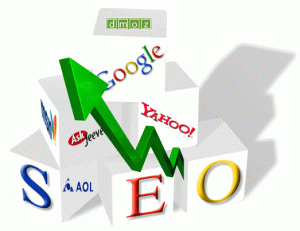
This point was hammered home to me again the other day as I was working on a Google Adword campaign. In this case as I was building the Adword campaign I went and reviewed their great information on how to make your 2 lines of 70 characters as strong as possible when writing the little ad. So simple. If you are sending someone to a destination via a link, send them where they want to go. When they get there make sure they will find what they seek. Yet, how often does that simple process seem to break down? (Fill in your gripe here).
Authors and publishers do this all of the time. If you are creating the link in an ad, or based on a keyword, make sure it goes where the reader or searcher wanted to go. Remember, the idea here is to make the user flow move as smoothly and unimpeded as possible. Once they get there, on your landing page, make sure they can easily read, review, or (hopefully) buy what it is they were after.
Field of Dreams Websites
The goal of every website owner, including me when I started EverPub, is to have their site appear at the top of the search engine results. It took me only a minute to realize I need to learn about SEO. Search Engine Optimization is the technique, or group of techniques, employed to get your site high in the results of a search engine query
One of the first steps in creating effective Search Engine Optimization is to have a clear definition of what your site does and be able to describe it clearly, and concisely. That definition, that word or words that a searcher would enter into the search engine box to find your webpage, are your keyword or keywords. By now we all know that the quality of our search results will be dependent on the quality of what keyword, or keywords, we enter into the search box.
Good Search Engine Optimization is the end result of two approaches; onpage SEO and offpage SEO. Onpage SEO is concerned with the construction of your webpage, it’s HTML and behind the scenes coding, and the editorial and image content visible to the viewer. Onpage SEO will supply information to the search engine bots that cruise the web and feed the search engine data bases. The developer who is creating your webpage will have the control of your behind the scenes SEO and you want to be sure that you work with someone who knows what they’re doing. On the other hand, the visible SEO will most likely be yours to build. While you may want to stuff your webpage content with your keywords you need to make sure that you don’t do that at the expense of readability.
The second part of SEO is what occurs offpage. One of the key factors in your climbing to the top of the search engine results is the quality and quantity of your offpage links. This simply means that Google can see which links point to your webpage. The higher the quality, the more content rich they are, the better the strength of the link that points to your site. The theory is that good sites point to good sites. This is one of the reasons why people cross blog and Tweet and why they have Facebook and LinkedIn pages that point to webpages.
Its one thing to make a great site – it’s another thing to be able to get people to visit. The goal is capture your potential readers and direct them to your webpage or landing page. Remember, this isn’t ‘field of dreams’ publishing we’re talking about.
Neil Levin
Get an Editorial Review | Get Amazon Sales & Reviews | Get Edited | Get Beta Readers | Enter the SPR Book Awards | Other Marketing Services




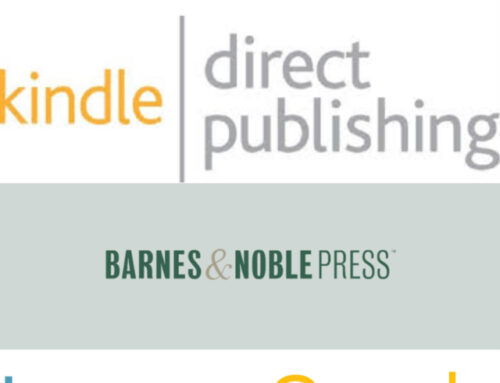
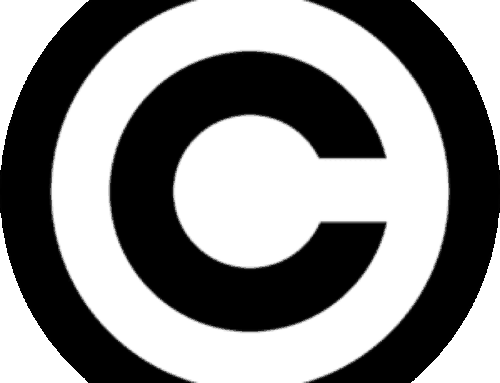










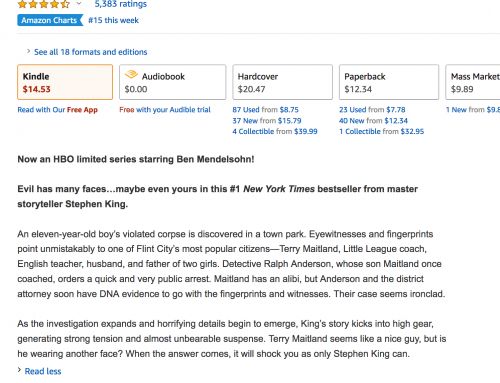


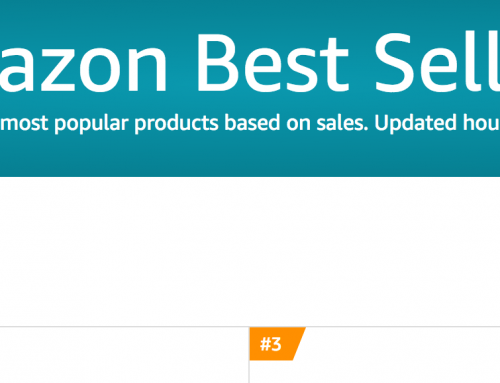
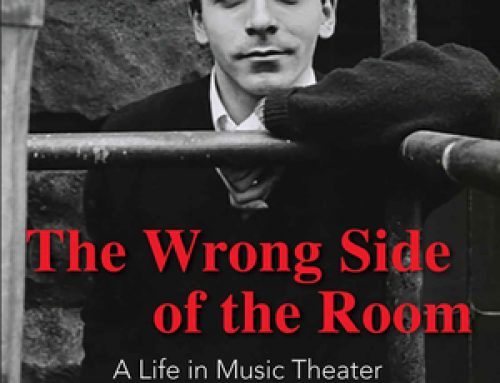

Leave A Comment